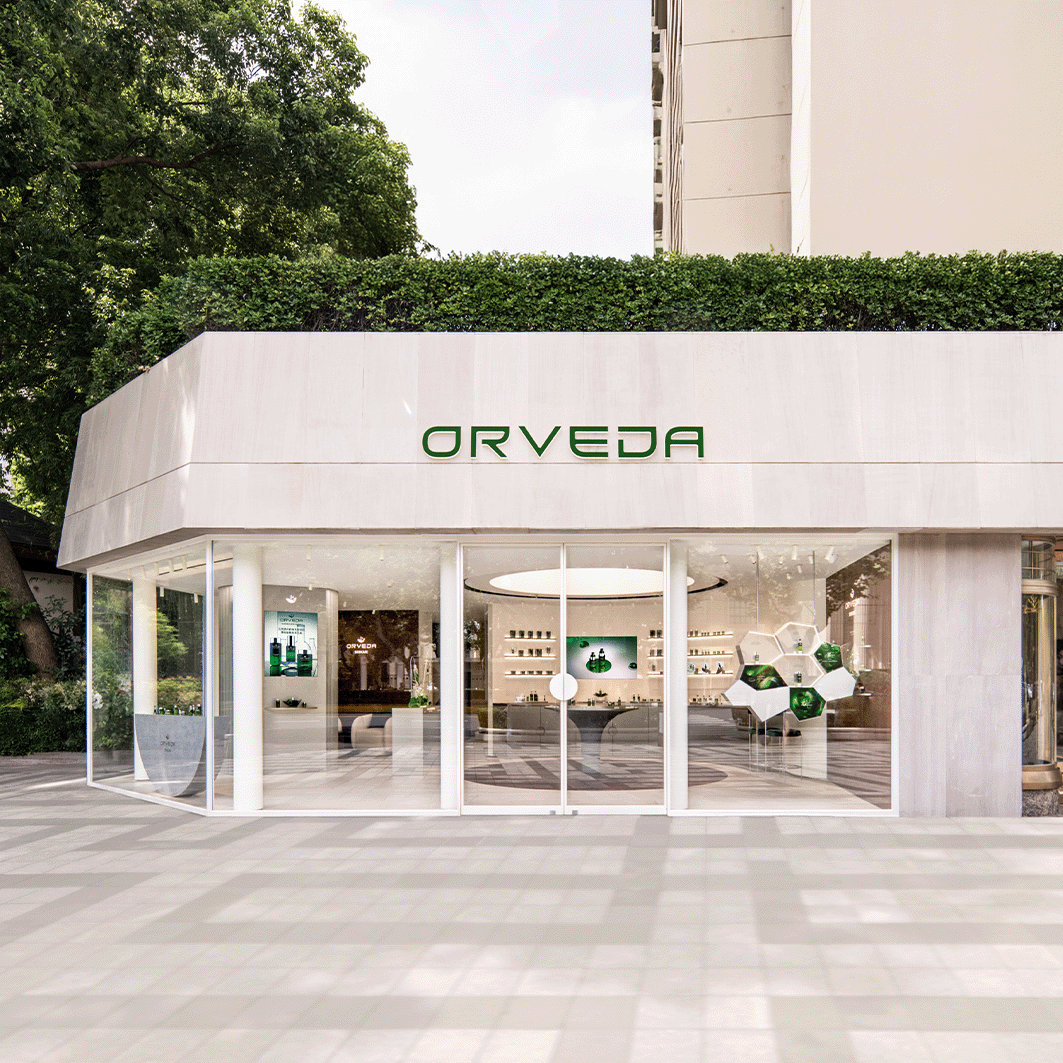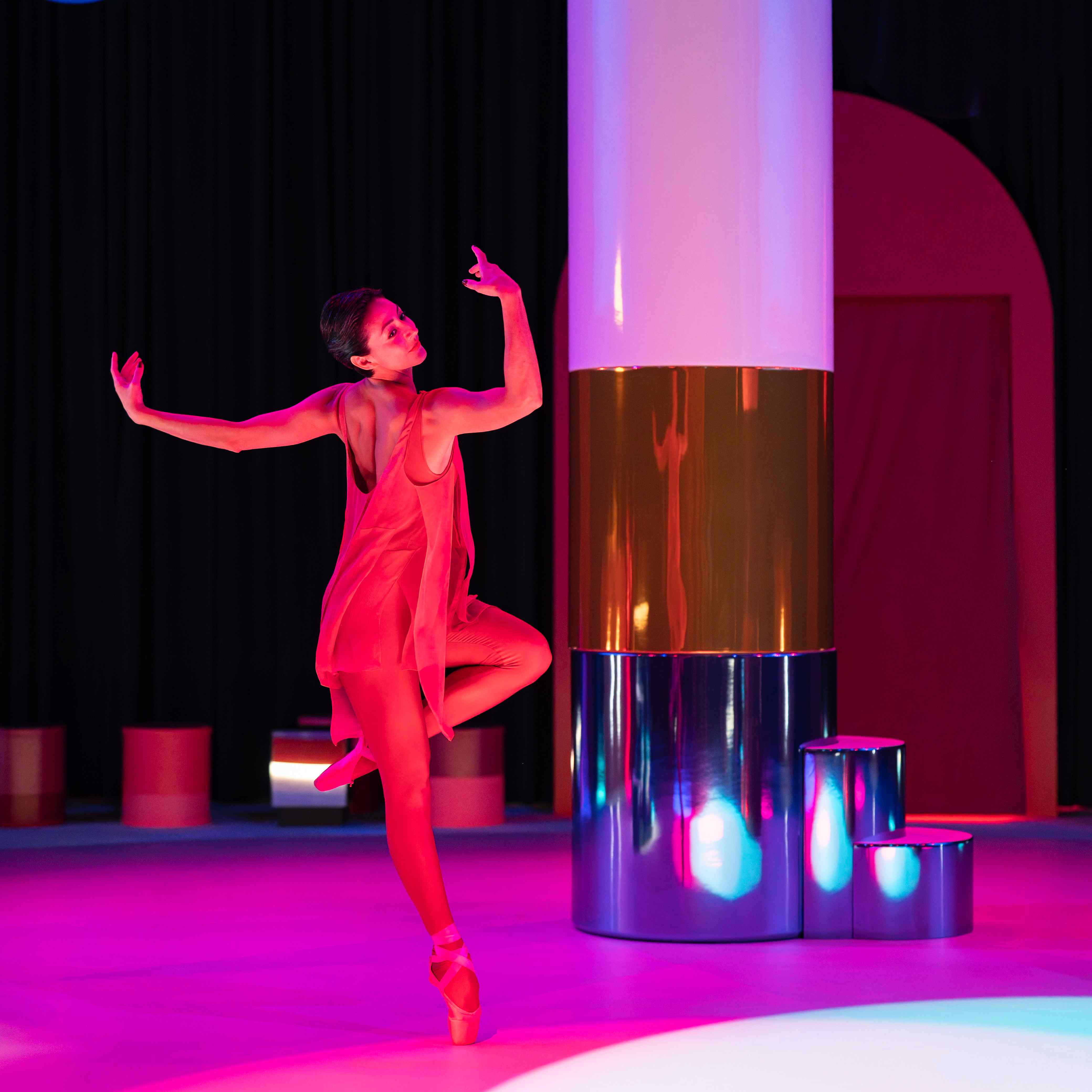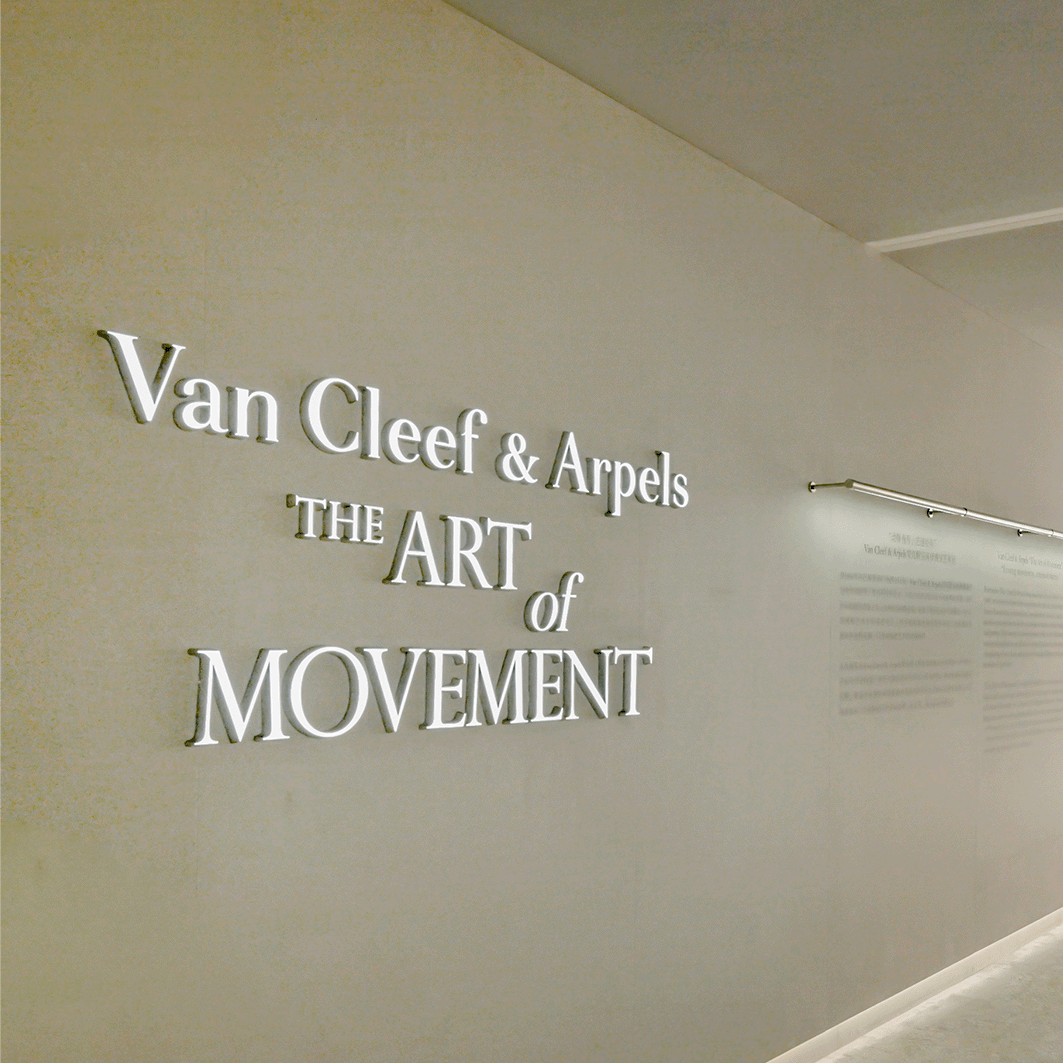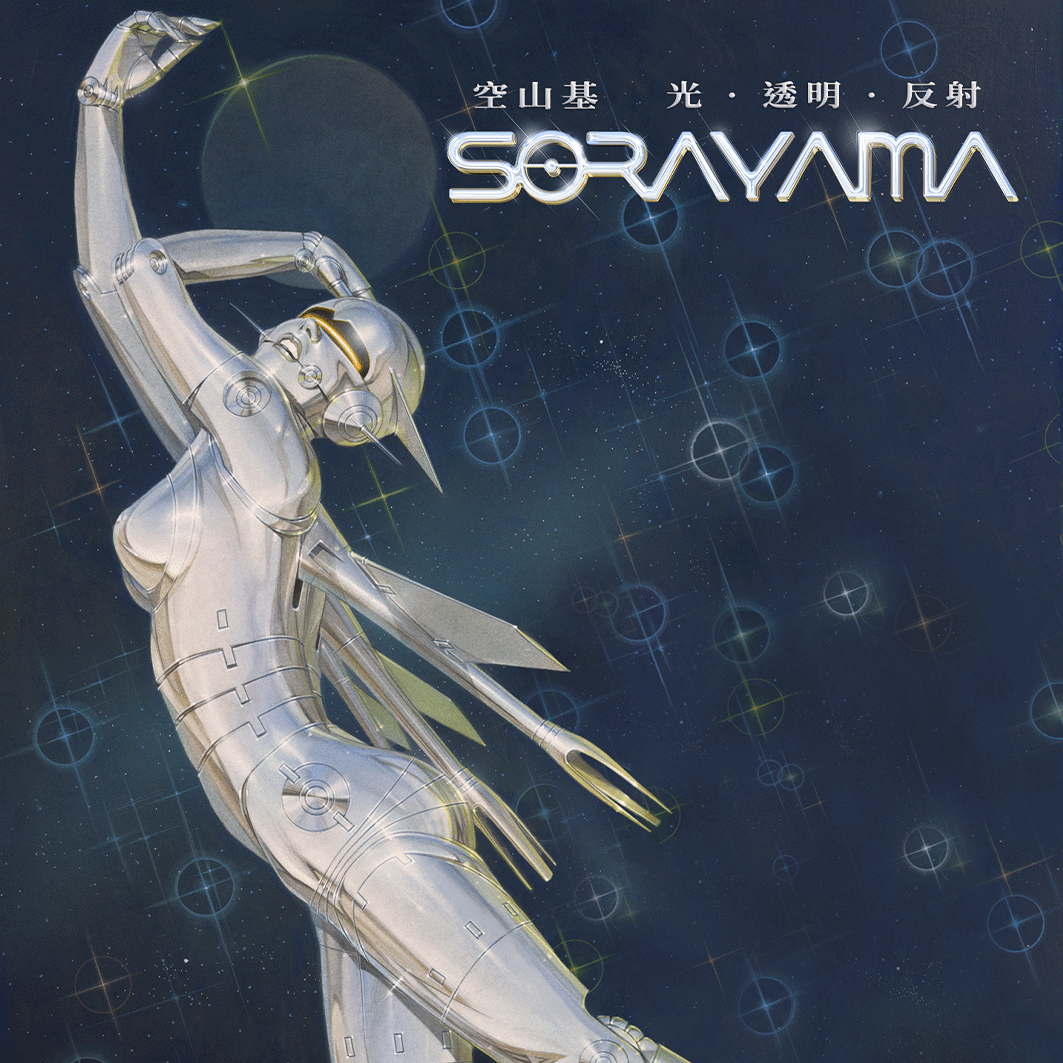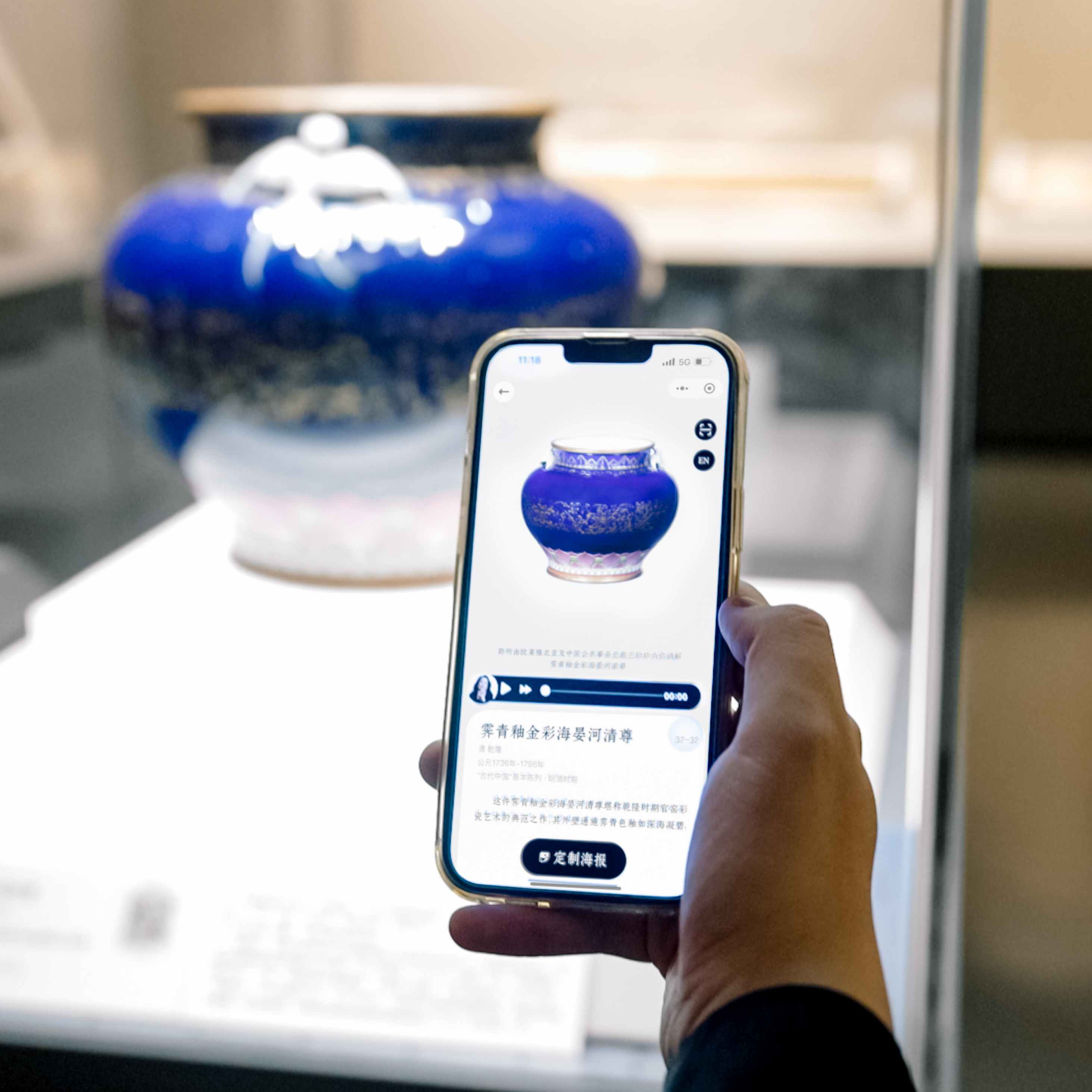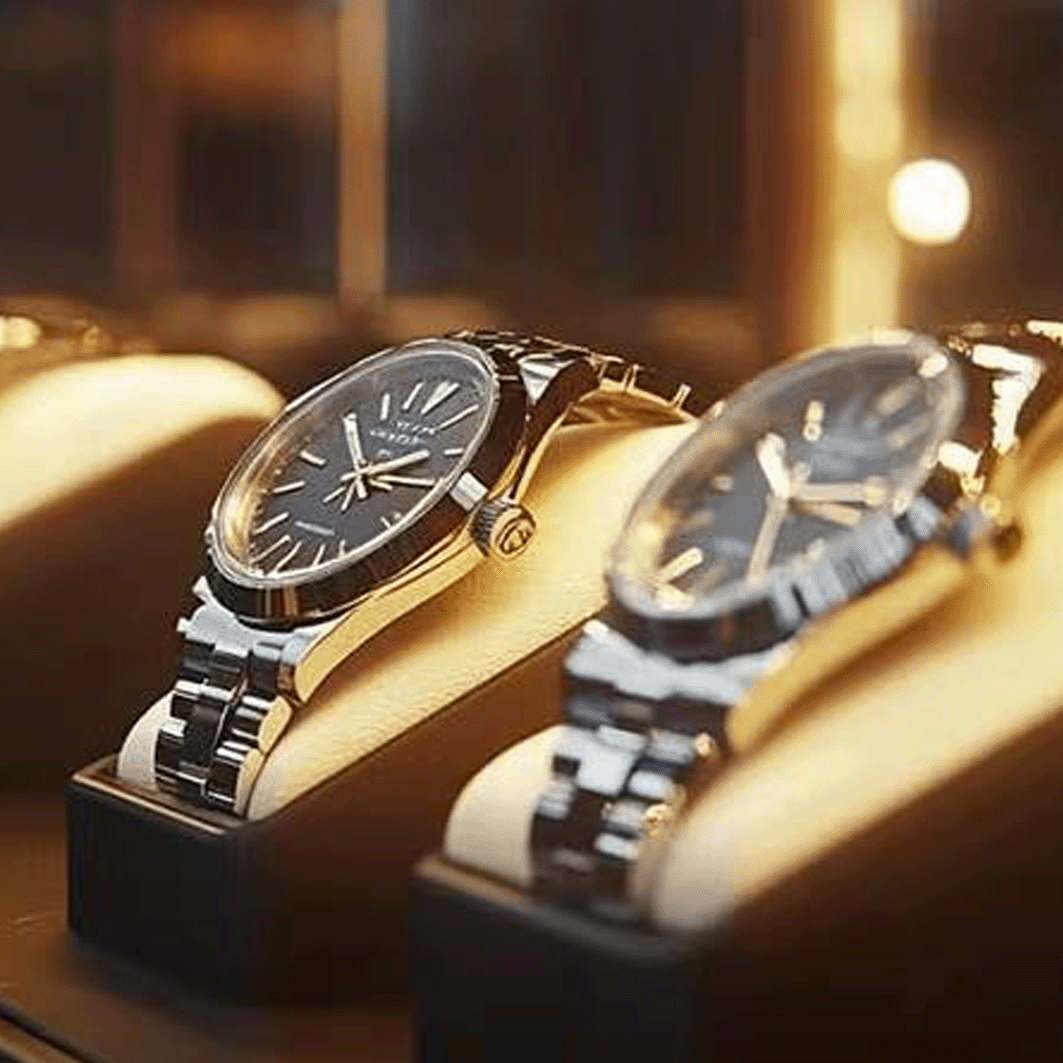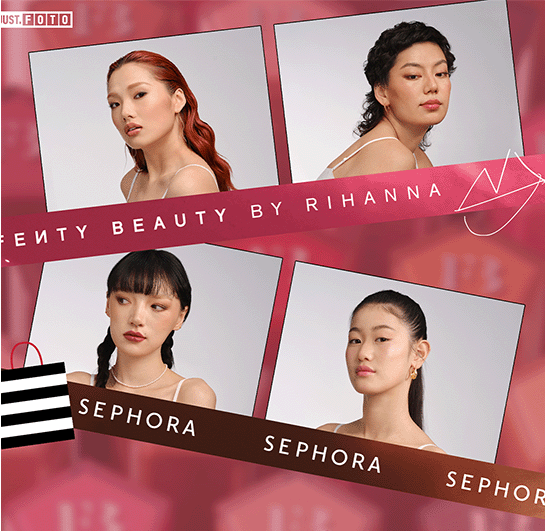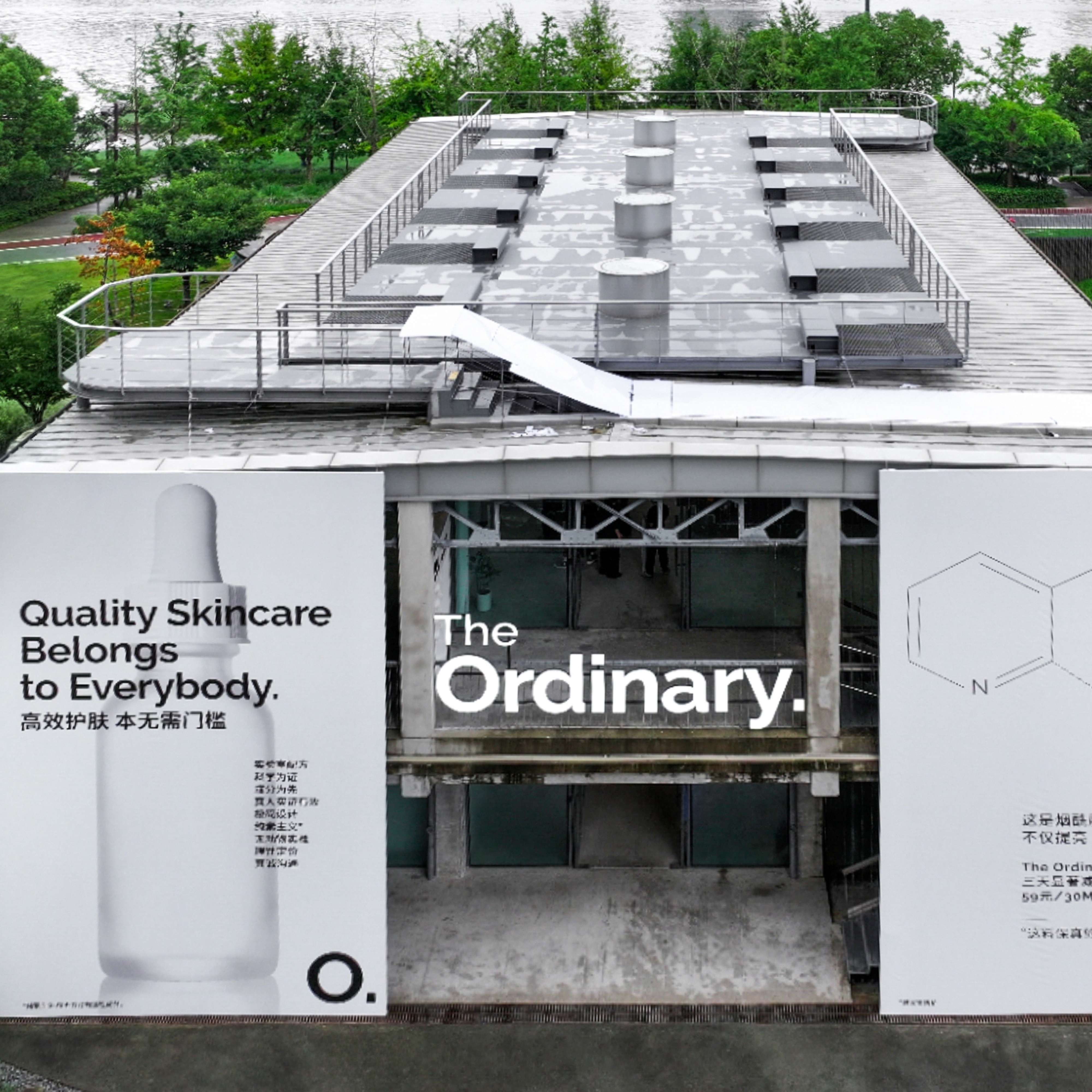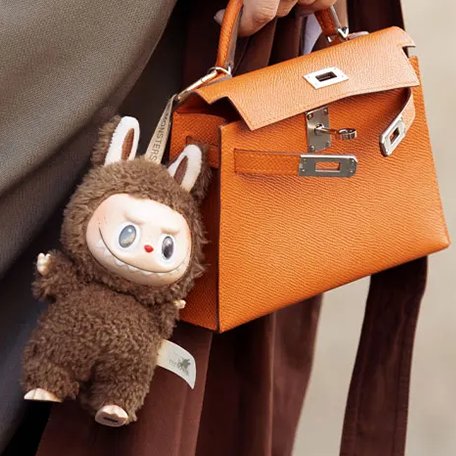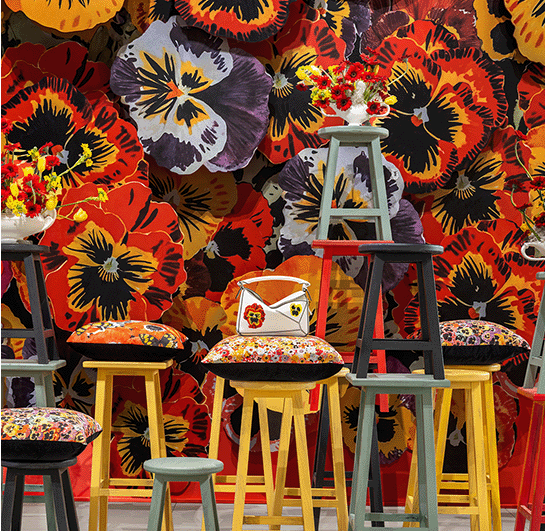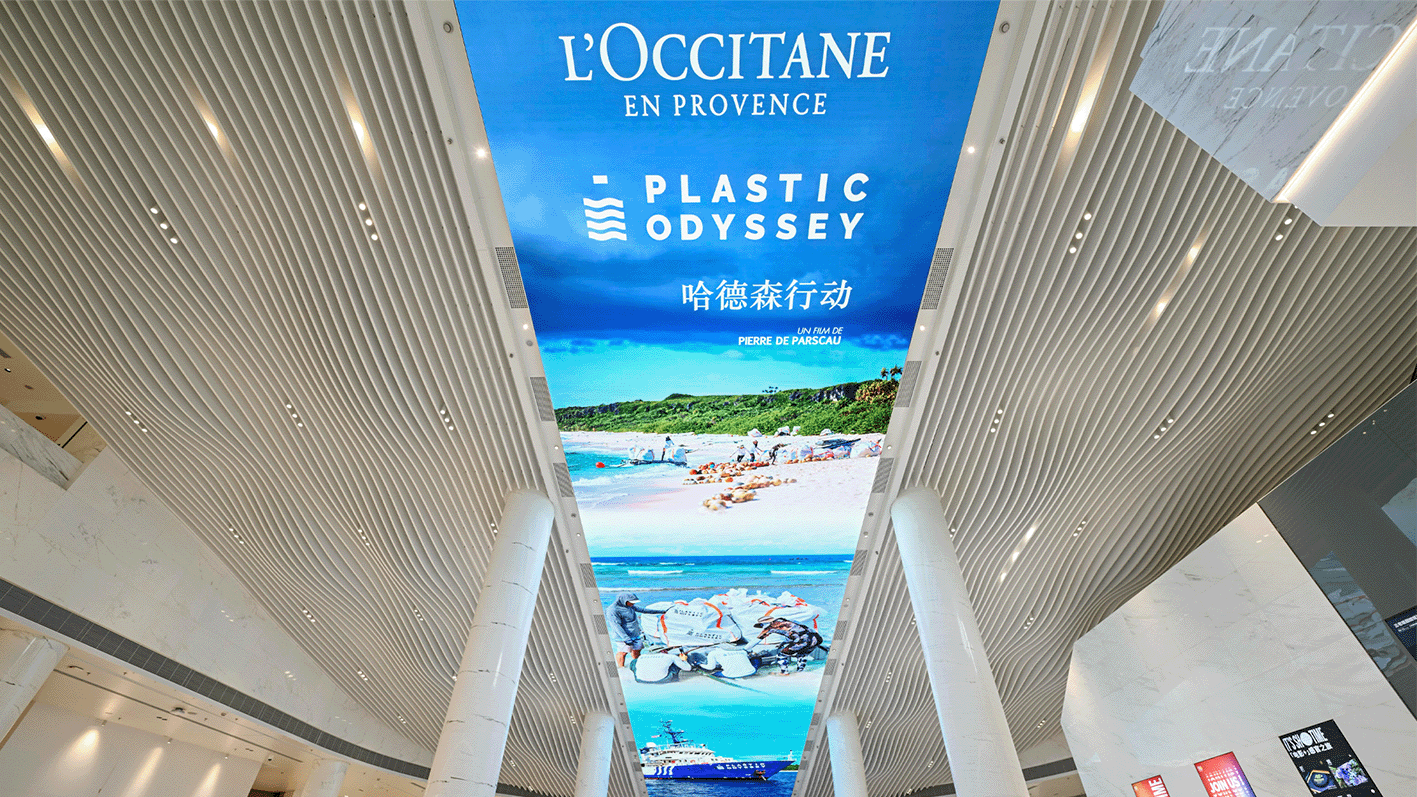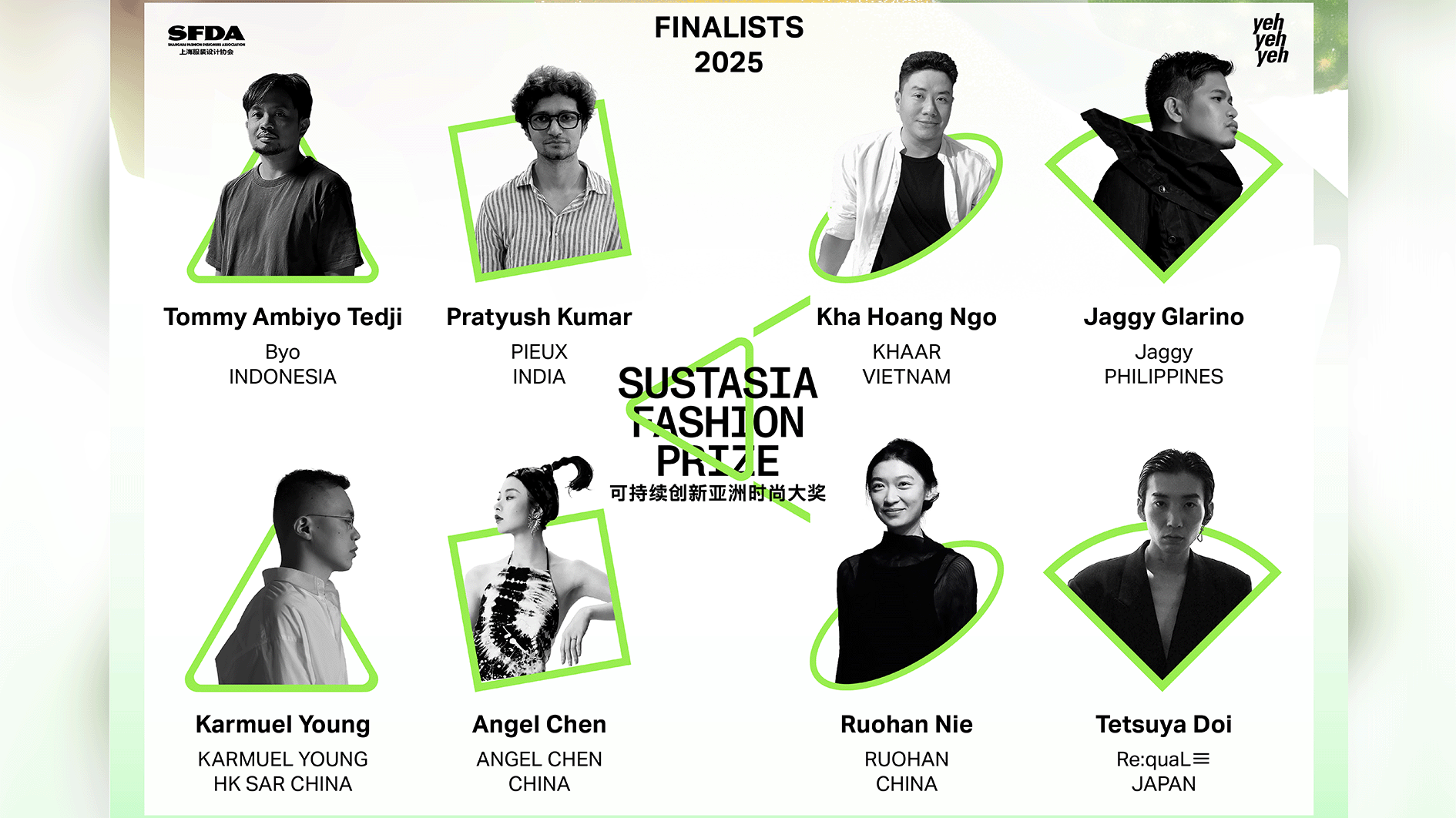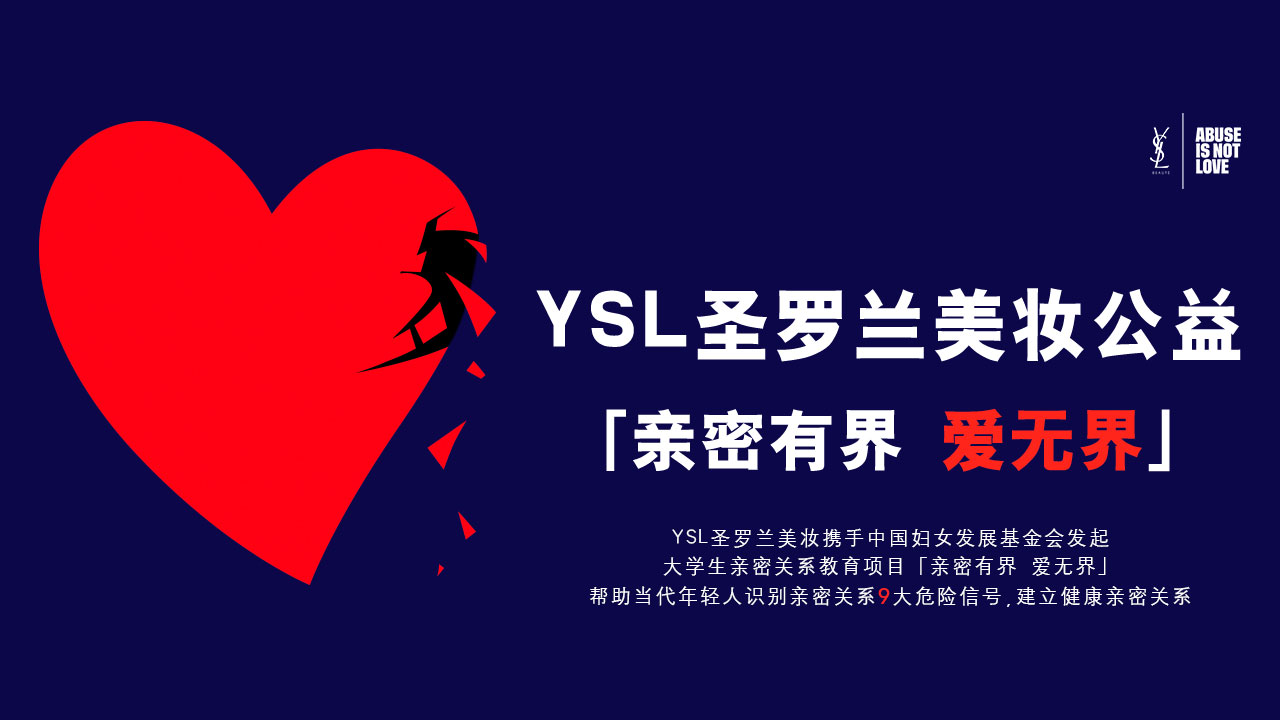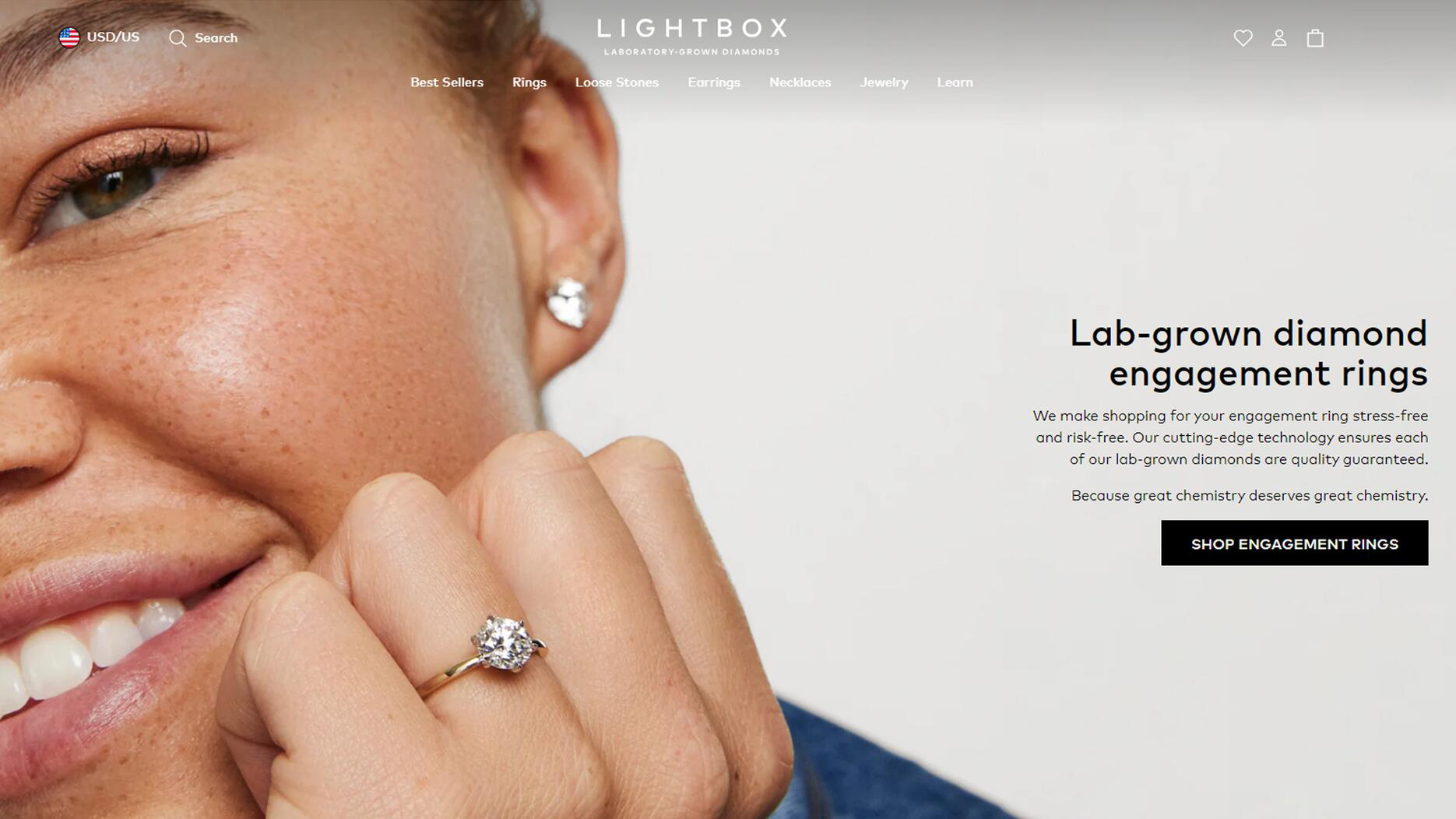- FEATURE
- |
- MERGERS & ACQUISITIONS
- |
- FINANCIAL
- |
- MARKETING
- |
- RETAIL
- |
- ESG-SUSTAINABILITY
- |
- LIFESTYLE
- |
-
MORE

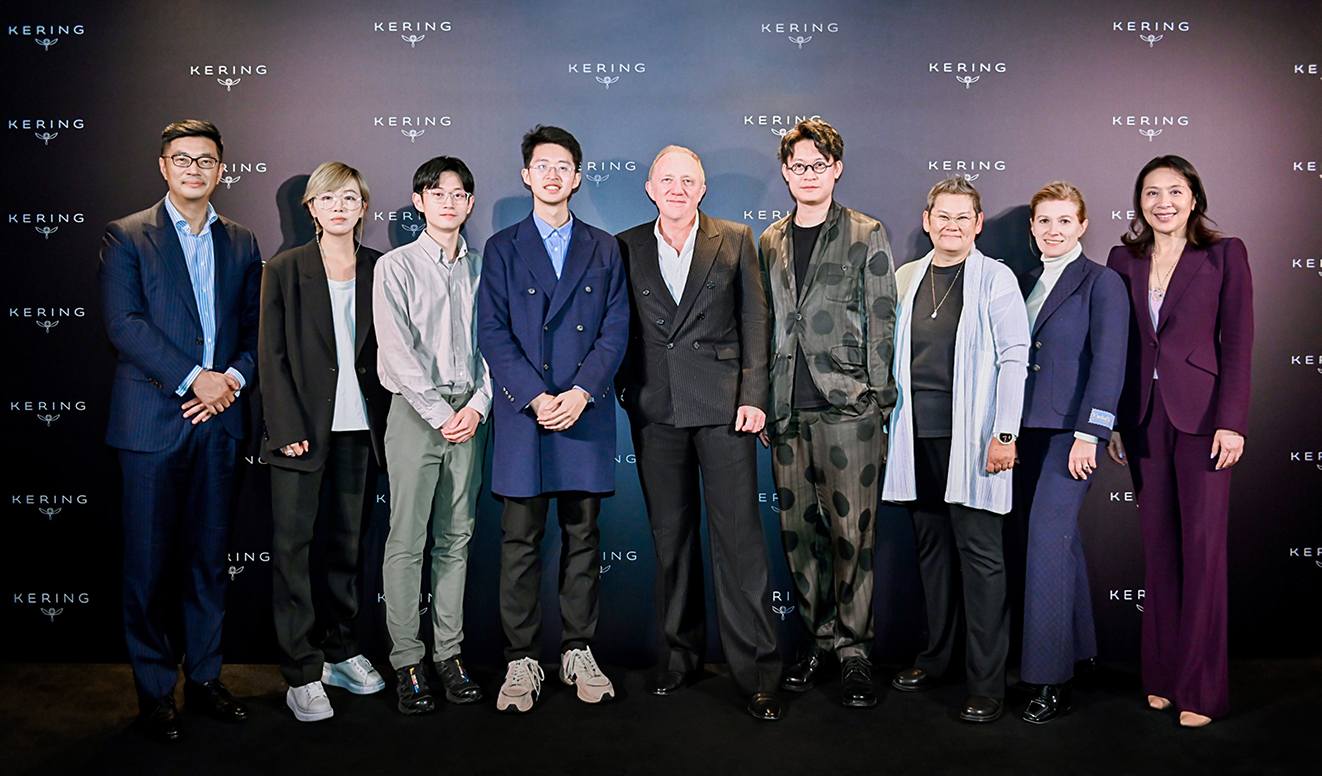
Founded by Kering in China, and entering its fifth year, the third "Kering Generation Award" has grown increasingly mature after accumulation of experience from the previous two editions, changes in the trends of the times, and the impact of the pandemic. It truly understands how to deepen its targeted connection with the Chinese market, local culture, and emerging creative forces through the setting of themes and by supporting innovative strengths.
On October 16th, the third Kering Generation Award held at the Museum of Art Pudong. From the selection themes and award results to the attending guests and content arrangement, this award ceremony clearly showed Kering's emphasis on and commitment to the "Kering Generation Award" and the significance role it plays in connecting everything behind it.
Designed as one of the key initiatives for innovation under Kering’s 2025 Sustainability Strategy, the Kering Generation Award was founded in China and aims to drive industry-wide transformation by recognizing and supporting Chinese startups that bring about positive environmental and social impact and address challenges in alternative raw materials, green supply chain, retail & use and the circular economy. Starting from the second edition, each award began to set its specific theme. For example, the second Kering Generation Award focused on biodiversity, focusing on startups that aimed at ensuring clean water, protecting soil health, supporting wildlife and animal welfare, also helping people understand the connection between fashion and nature.
Under the theme "Coming Full Circle", the third “Kering Generation Award” focuses on three dimensions: circular raw materials, circular product designs and circular business models. It evaluates how these are accomplished through the five links of redesign, reuse, recycle, regenerate and recognition. At the awards, it also hosted discussions on tactics and solutions from the industry to end consumers, exploring holistic practices in the fashion industry’s circular economy that cover the entire chain.
Since the third edition was launched last December, over 180 companies have entered the startup application pool. The evaluation process and exchange for this award have taken 10 months, incorporating diversified formats. Based on selections and evaluations by China Advisory Council and International Jury Board, three Chinese startups stood out and were awarded at the ceremony.<

